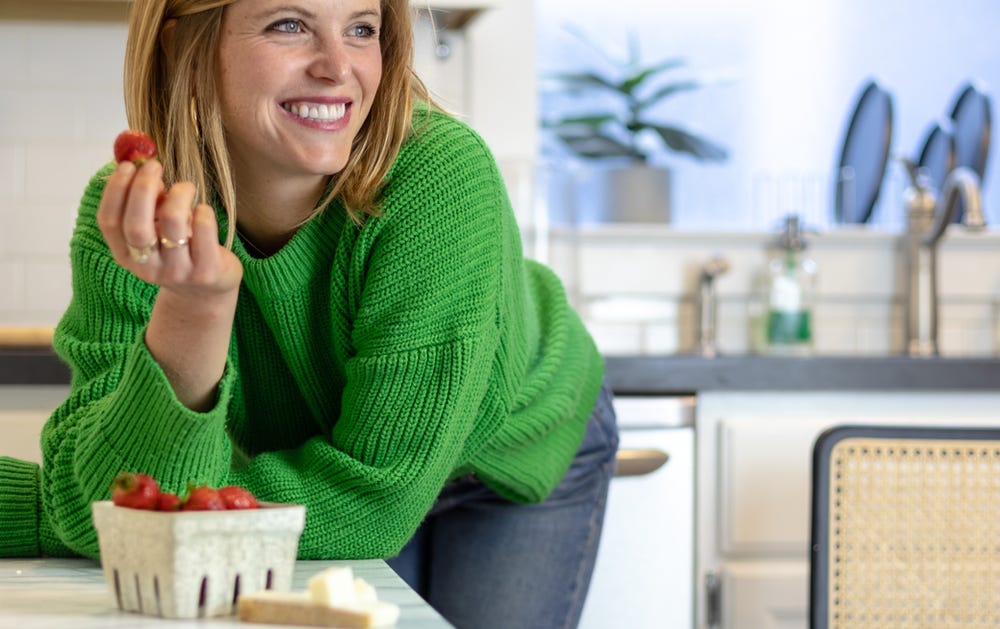My Journey to Empowering Women and Why I'm Focused in on Perinatal Nutrition & Gestational Diabetes Prevention
Text me for nutrition advice! Get tips tailored to your needs:+1-732-EAT-WISE (+1-732-328-9473)
Photo credit: Keira Natalia Photography
Intro to My Journey - My Fear of Sugar and It’s Impact
Since I was about 13 years old, I’ve always been hyper-aware of my body and how I feel when I eat and drink certain foods. I’ve been especially aware of what sugar - processed sugar, cane sugar, high fructose corn syrup - does to my body. Even how too much fruit…
Keep reading with a 7-day free trial
Subscribe to Modern Women's Nutrition to keep reading this post and get 7 days of free access to the full post archives.



